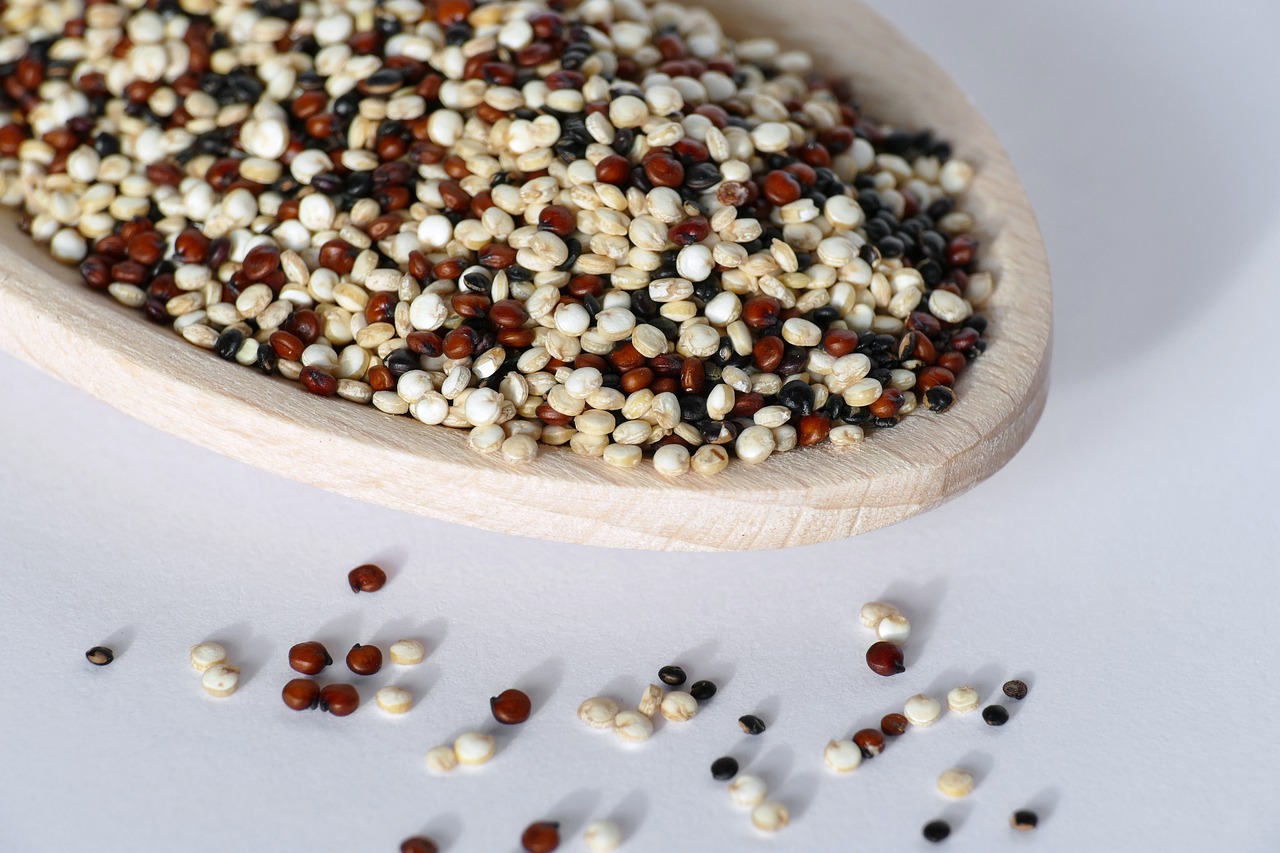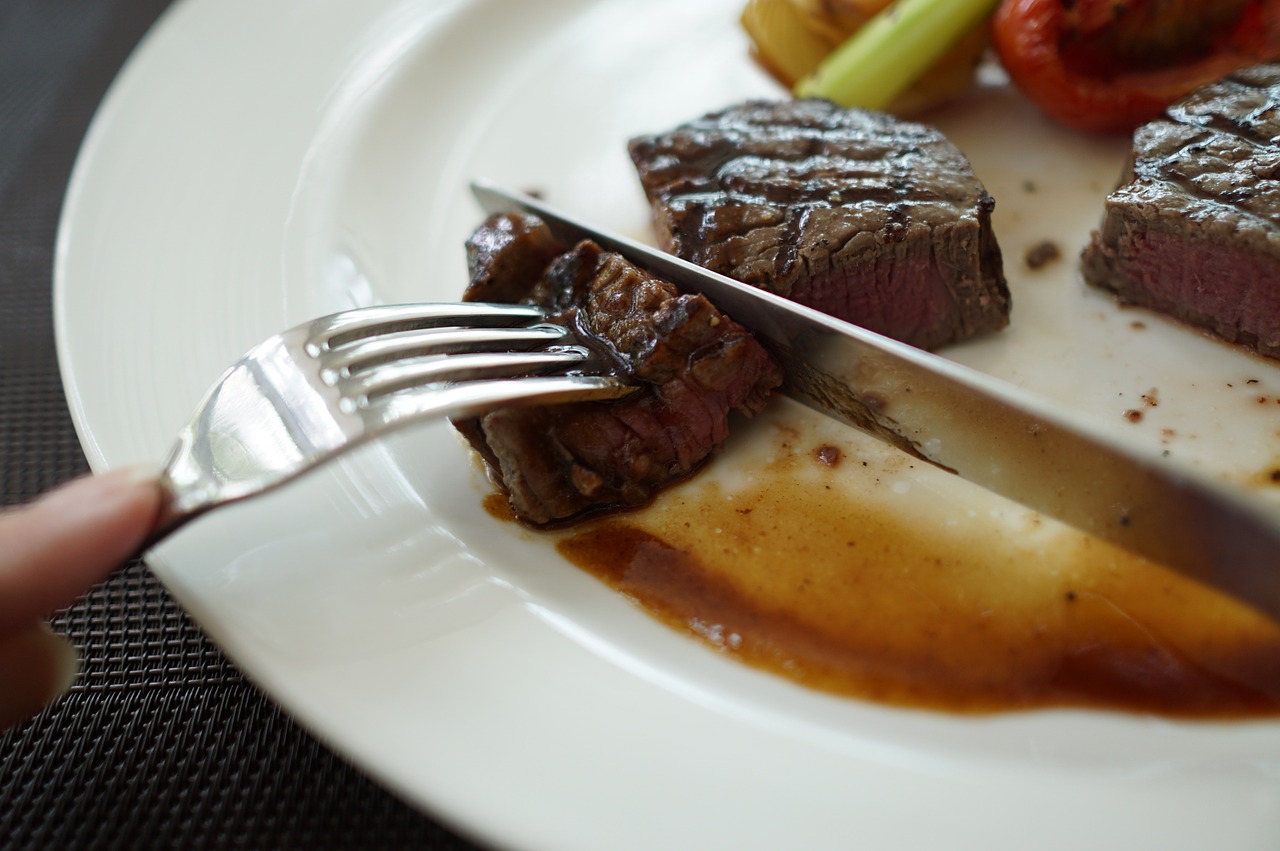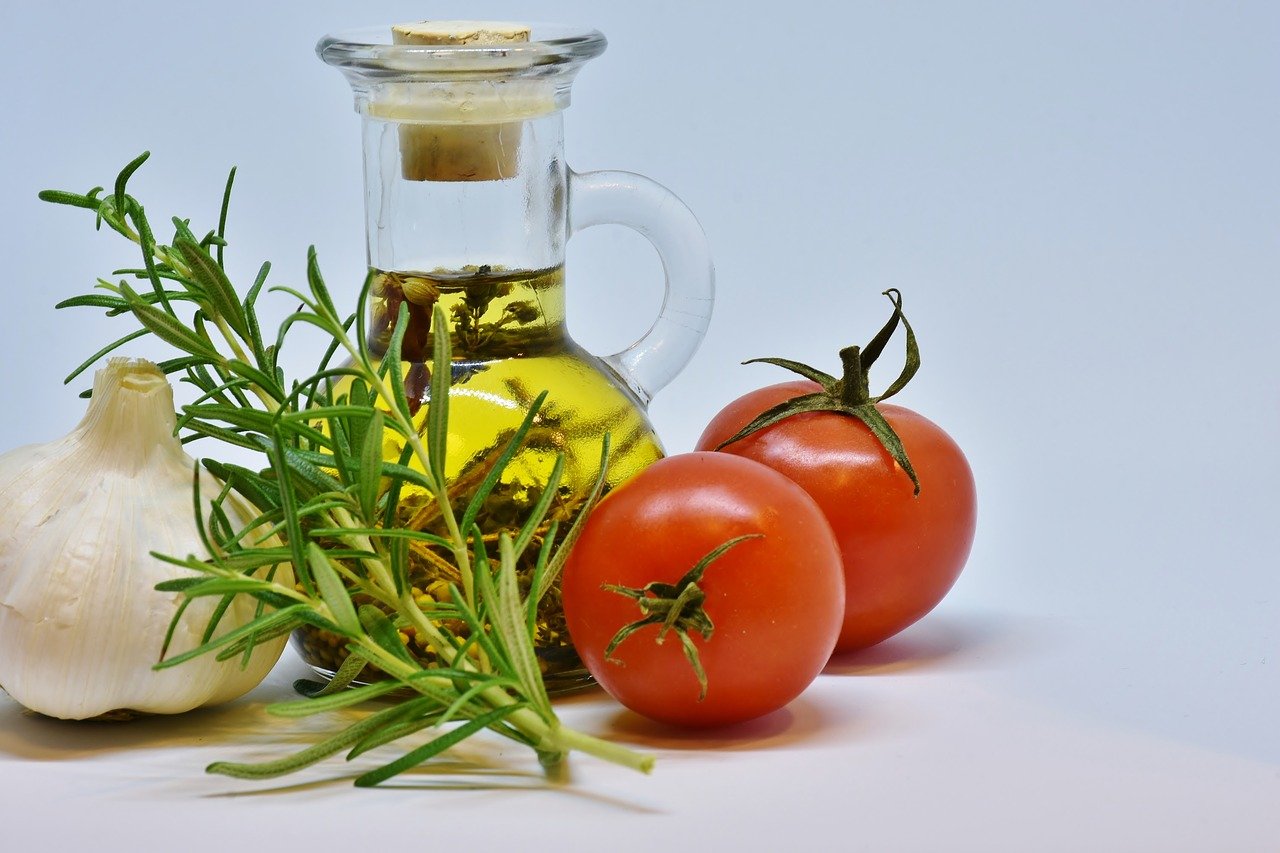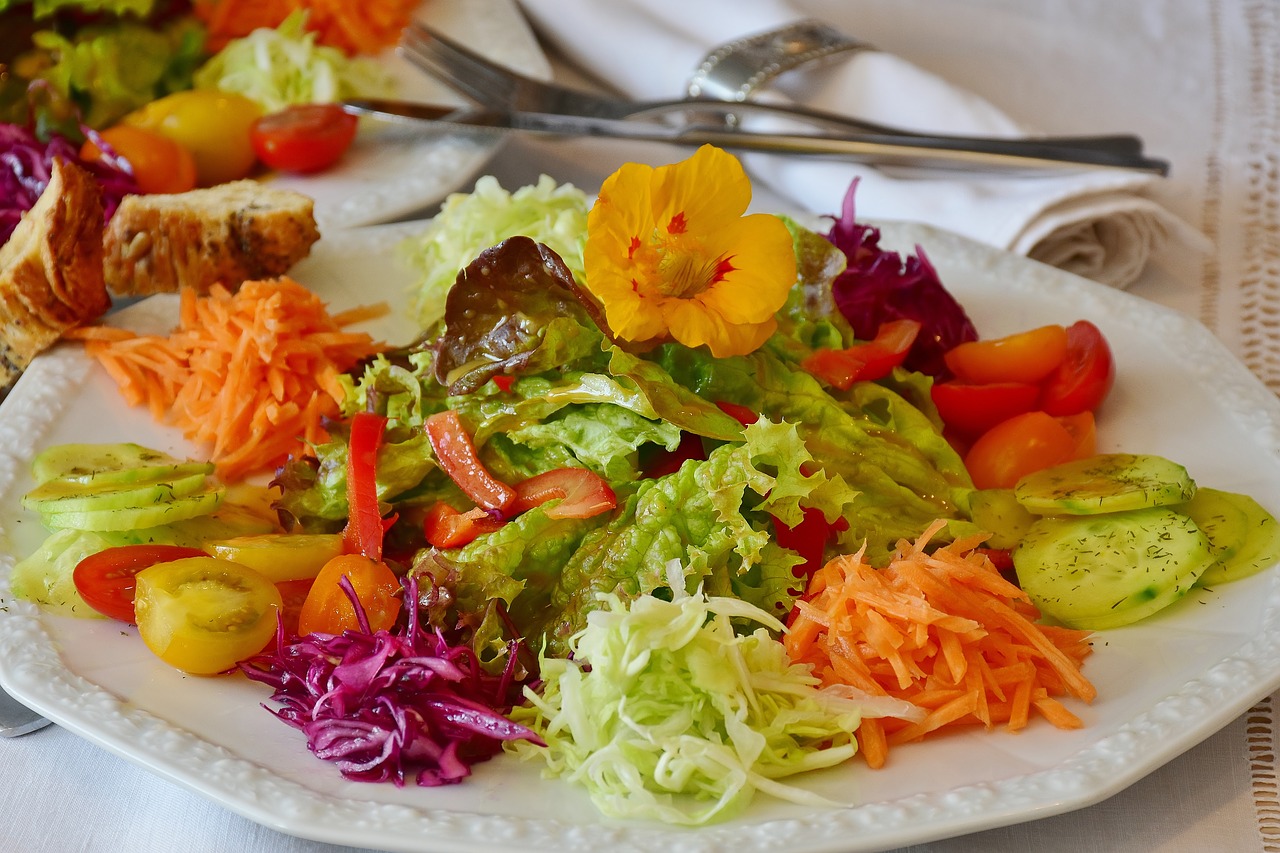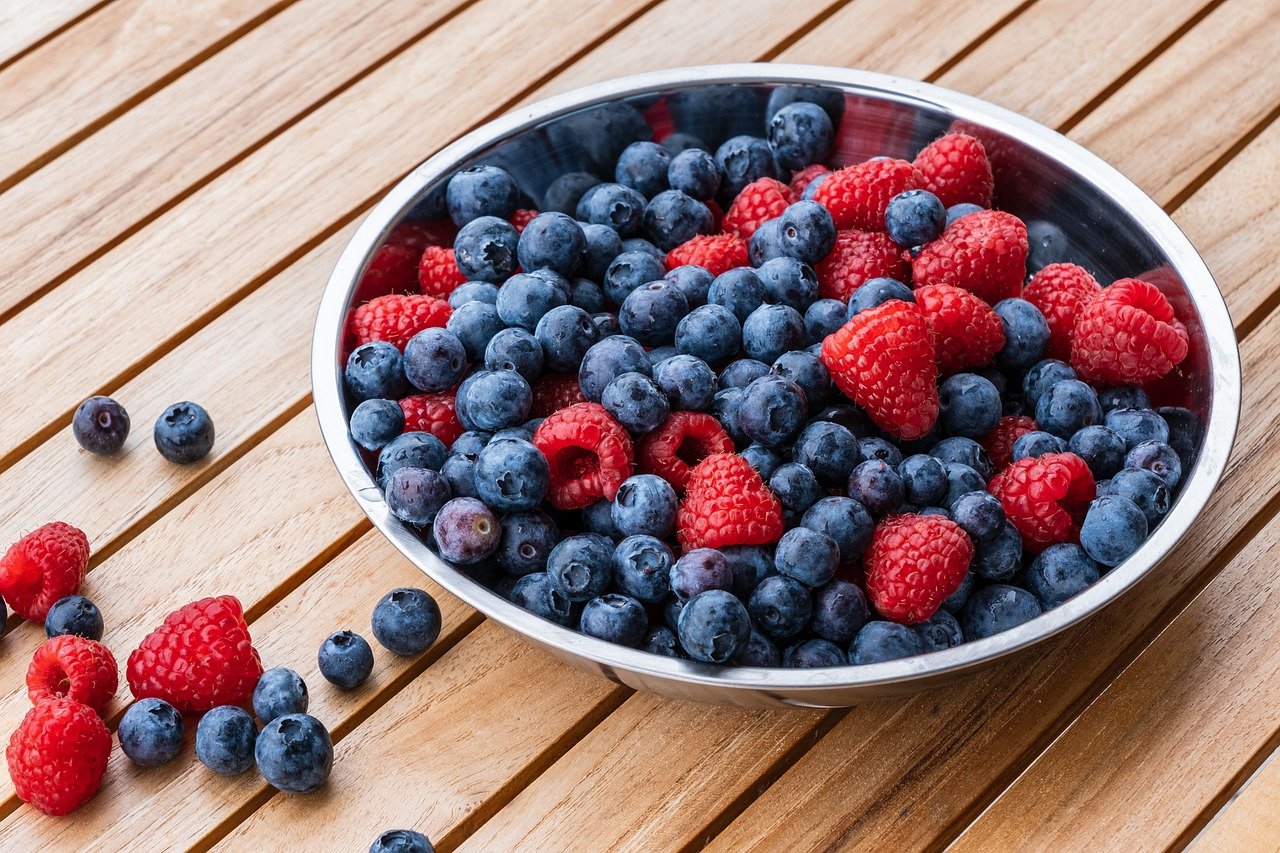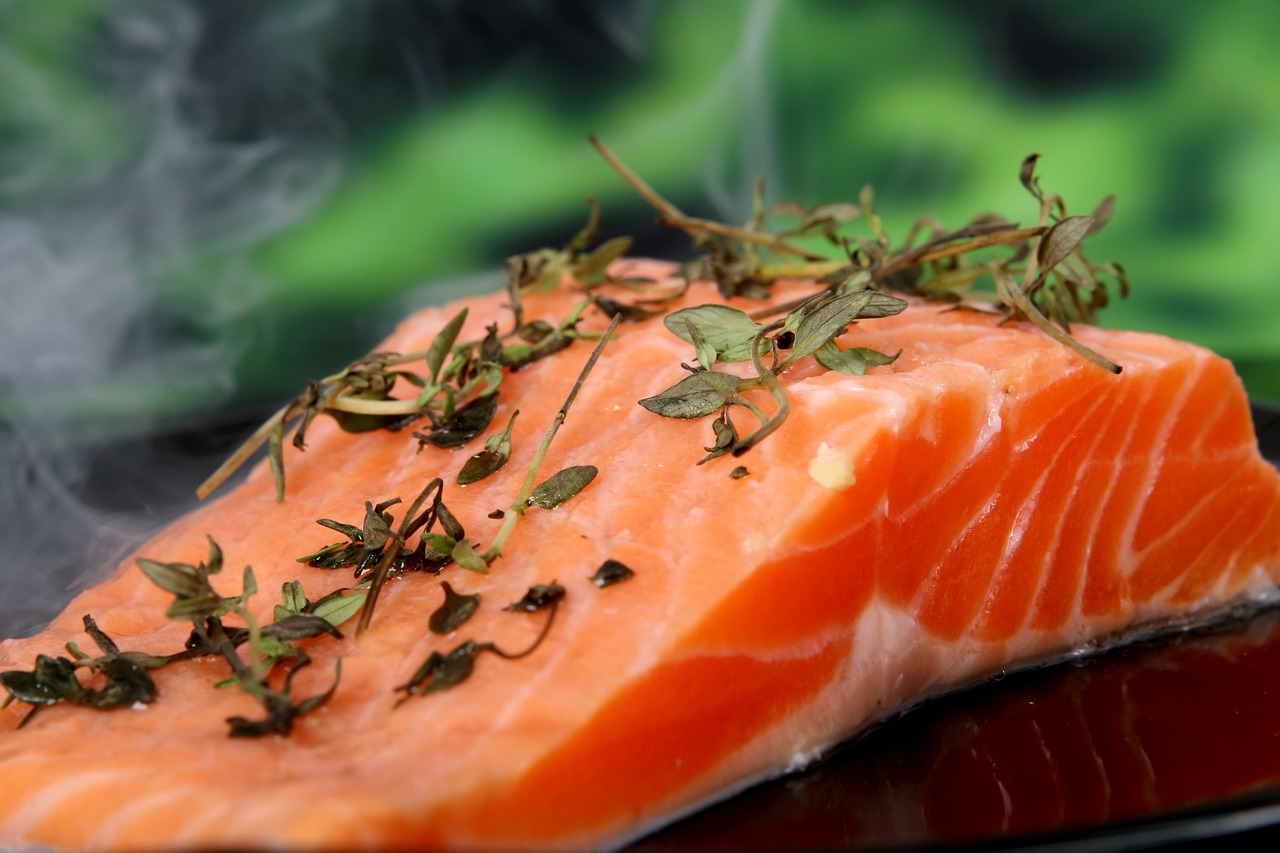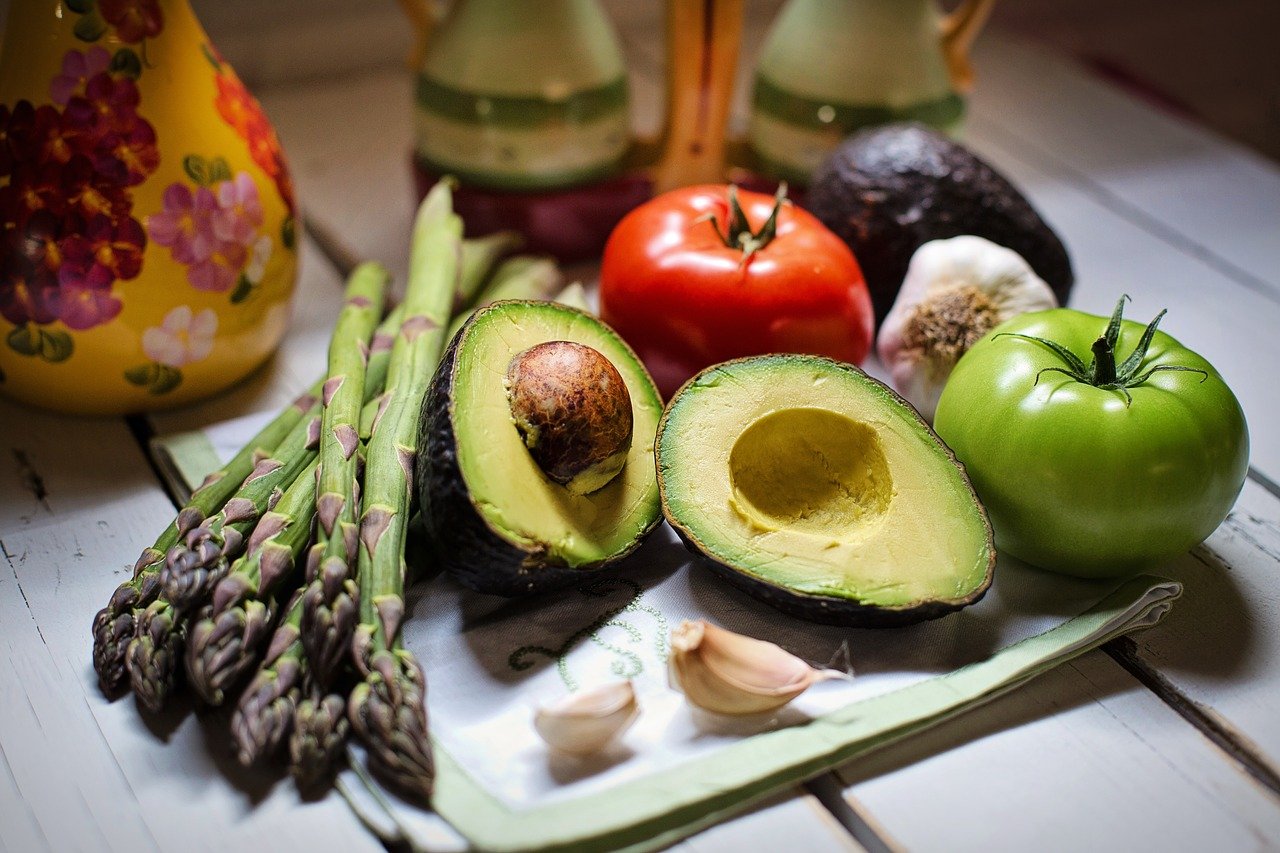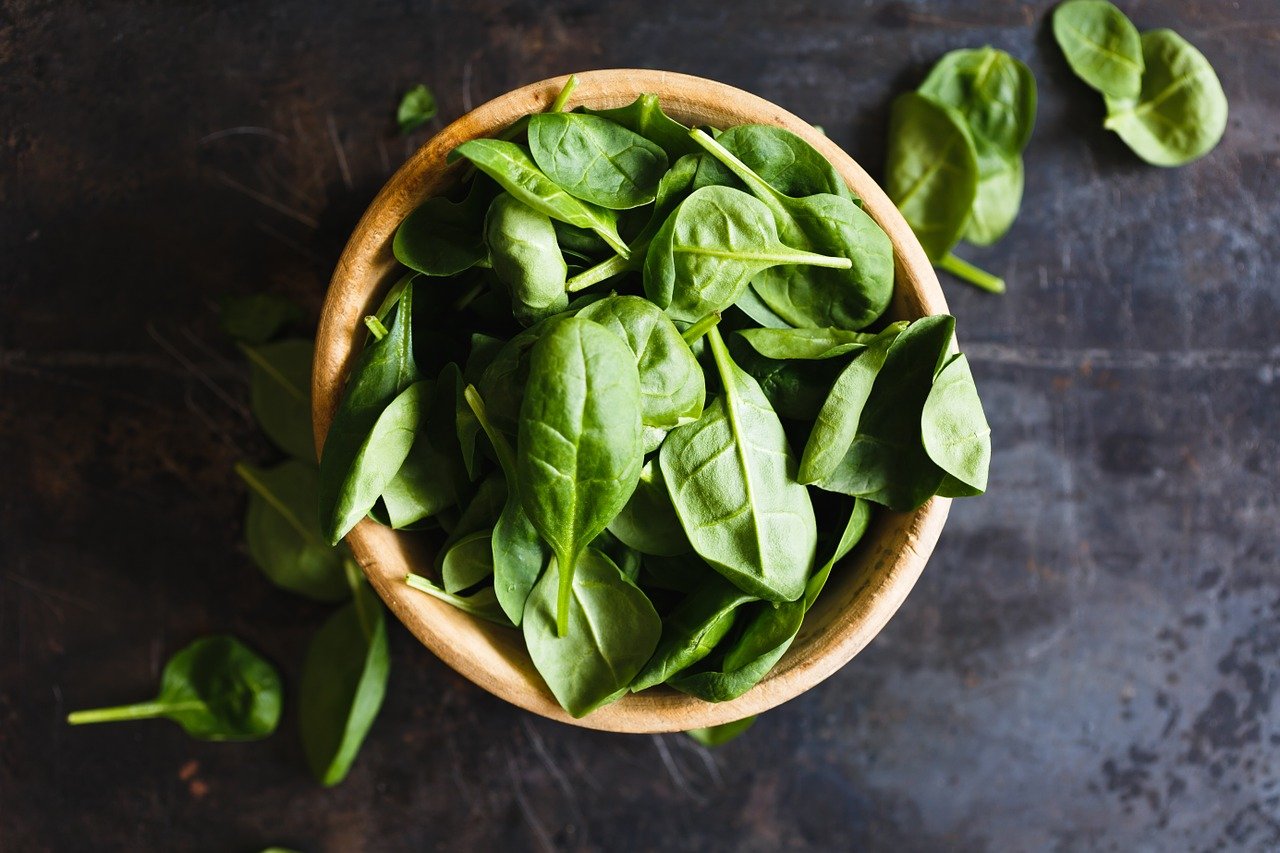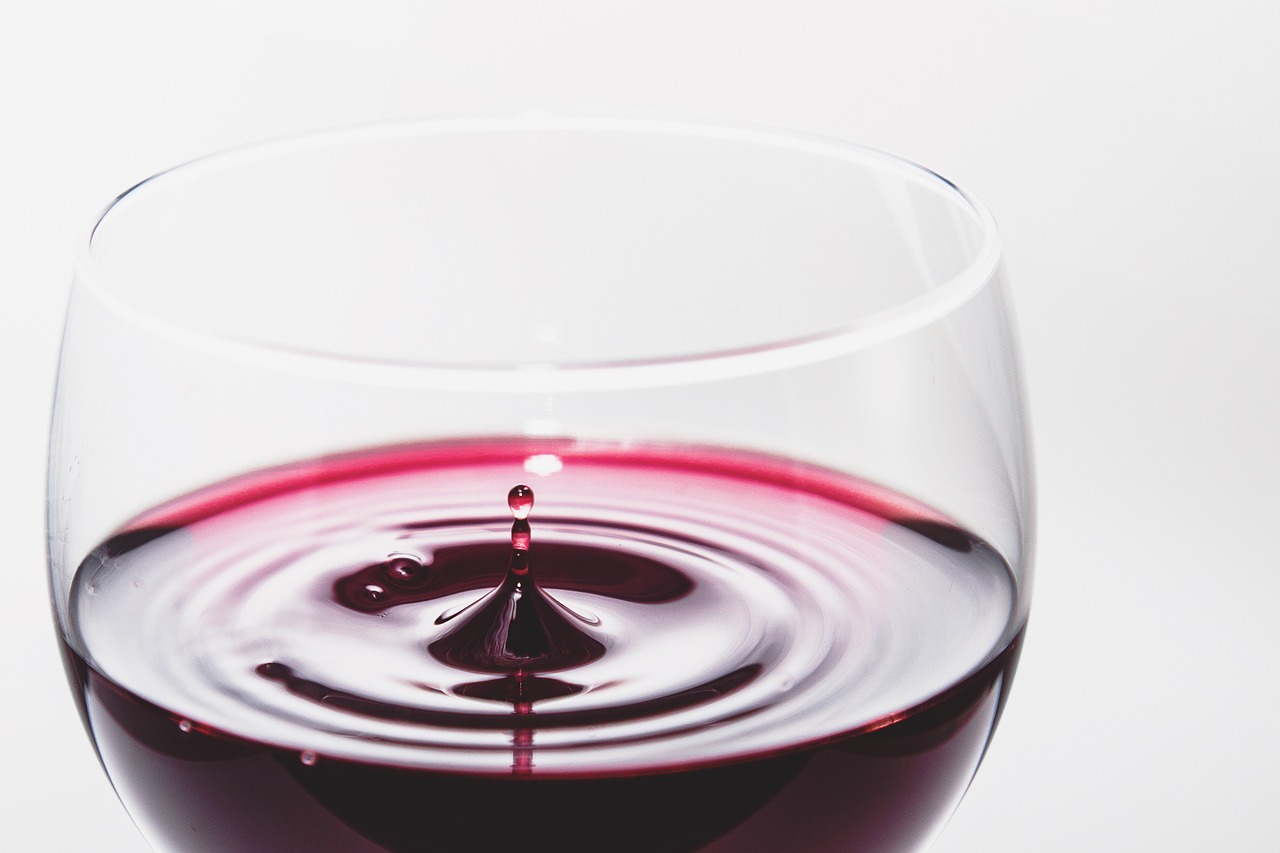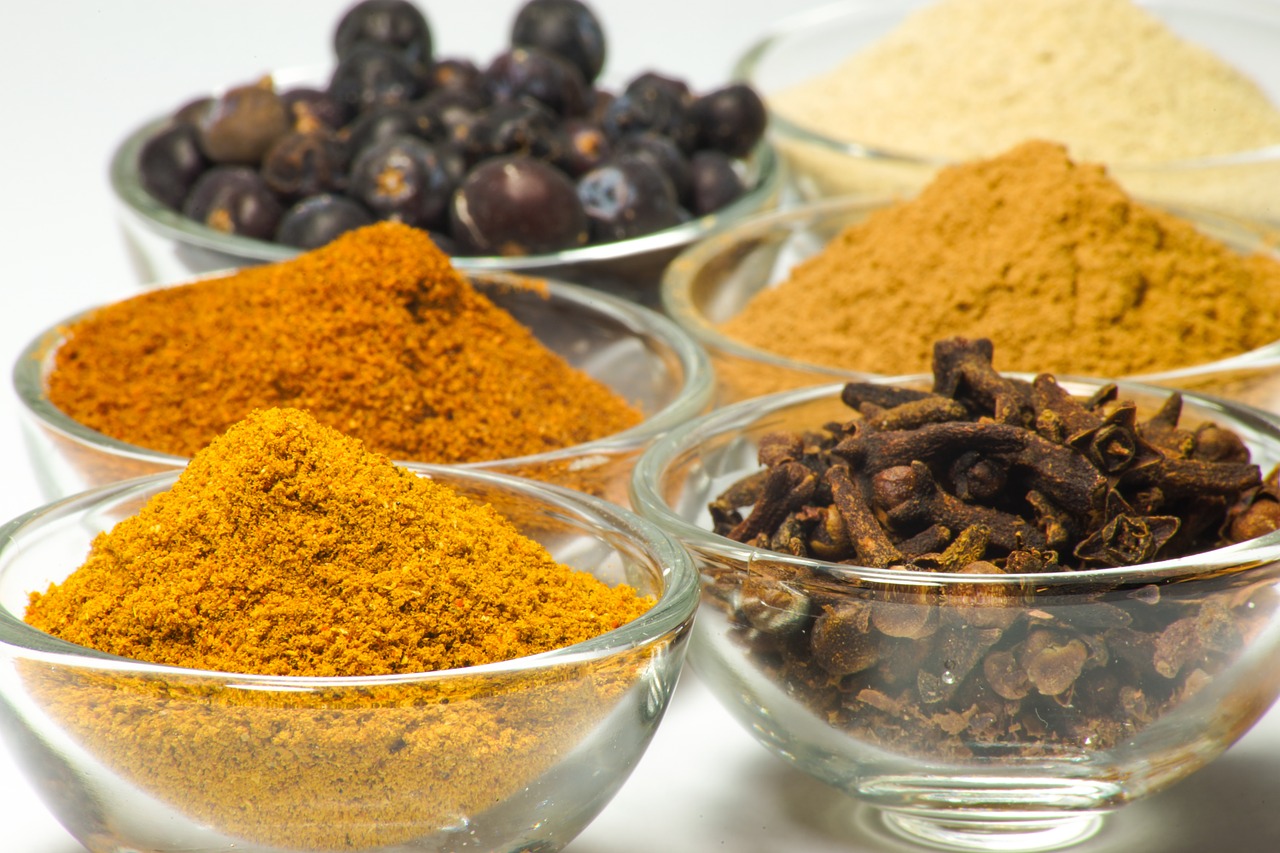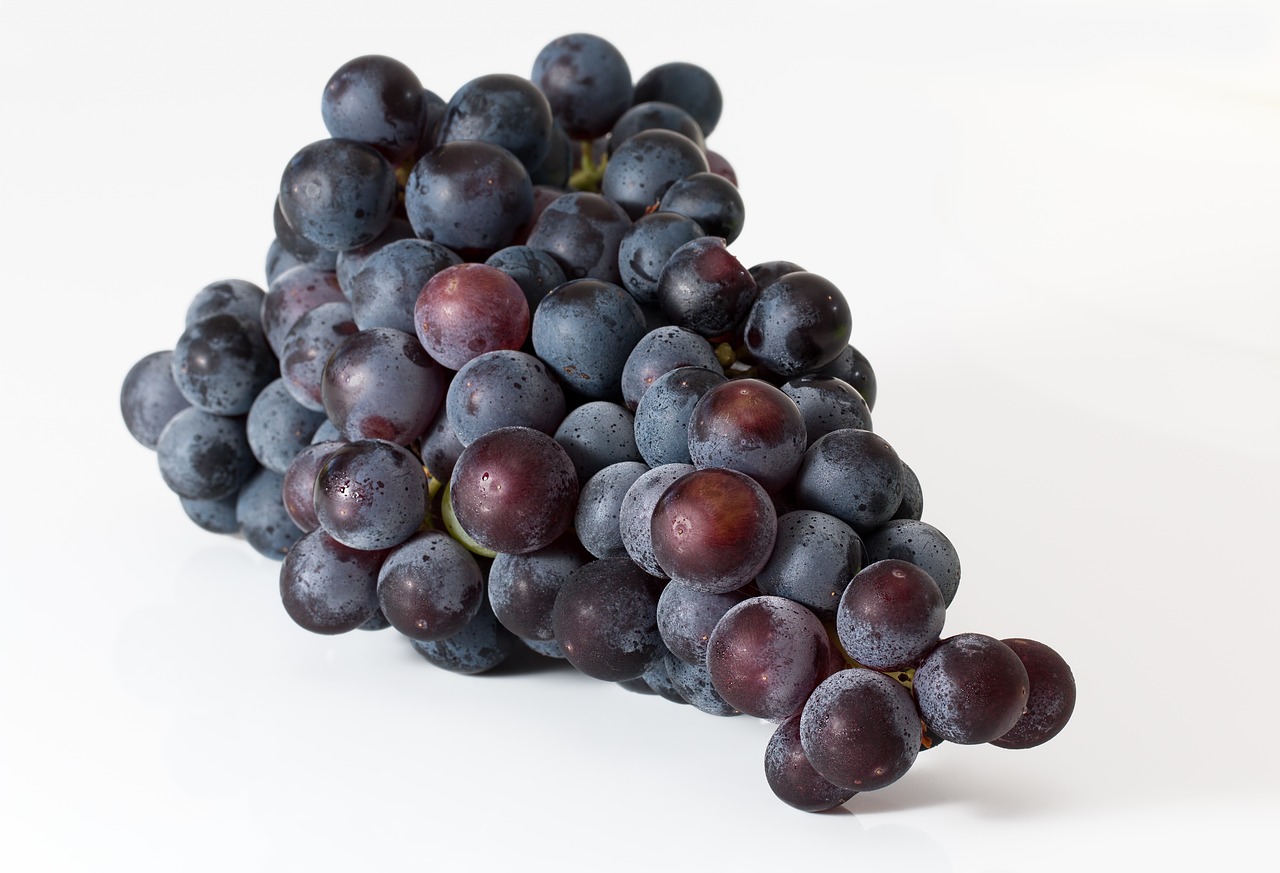Herbs and Spices
Herbs, Spices and Alzheimer's
In the culinary realm, herbs and spices are used to enhance the flavors of food and are derived from various parts of plants, such as the leaf, root, bark, berry, bud, seed, stigma or flower. Herbs and spices have a long history of medicinal uses, however the scientific rationale of some traditional medicinal herbs and spices has been lacking and the efforts to expose the benefits of herbs and spices from a scientific point of view has been challenging.1
Polyphenols, Herbs and Spices
Herbs and spices have a high polyphenol content, even when compared to other high polyphenol foods such as broccoli and grapes. It assumed that much of the medicinal properties of herbs and spices is derived from this high level of polyphenols. It has been suggested that the type of cooking may affect the impact of the herb and spices, where simmering, stewing and microwaving release the antioxidant potential of the polyphenols and frying, grilling, and other dry heat methods decrease the antioxidant activity. Cooking time may also affect the biological activity of herbs and spices. Interestingly, studies have found that cooking and digesting some herbs and spices can actually increase biological activity when compared to the uncooked herbs and spices, but the results vary between herbs and spices.1,2,3
Bioavailability is also an important issue when discussing the polyphenols in herbs and spices. Bioavailability refers to the ease of a compound to enter into the bloodstream. In herbs and spices, the bioavailability of polyphenols has been shown to be low which means that it is difficult for the polyphenols to enter into the circulatory system and travel to other organs or cells throughout the body. The microorganisms in the gut may play and important role in increasing the bioavailability of polyphenols. Gut microorganisms in a section titled Foods and the Microbiome.1
Finally, the combinations of herbs and spices may be important. As we discussed previously, polyphenols could be more effective in the right combination. The same theory could be true for herbs and spices as some researchers have found that different combinations of herbs and spices have additive, antagonistic and synergistic effects based on the combinations and concentrations used. Now, let’s take a look at the anti-Alzheimer’s activity of some common spices.1,4
Cinnamon and Alzheimer's
In vitro and in vivo experiments have shown that cinnamon can inhibit the tau aggregation preventing the formation of neurofibrillary tangles. In addition, in vitro and in vivo experiments have shown that cinnamon inhibits the formation and aggregation of amyloid beta. In Alzheimer’s animals models, cinnamon has been shown to protect memory and learning. But, does cinnamon improve Alzheimer’s disease in humans?.5,6,7,8
We know that Alzheimer’s and diabetes are comorbidities and cinnamon has shown in a randomized clinical trials to improve a variety of diabetic factors such as fasting glucose levels, glucose tolerance, HbA1c levels, blood pressure and lipid profiles, all of which are also factors for Alzheimer’s disease. Clinical trials have also shown cinnamon to have antioxidant properties. However, there has not been any randomized clinical trials that I have found testing cinnamon to specifically treat Alzheimer’s disease.9,10,11,12,13
Ginger and Alzheimer's Disease
As a medicinal, ginger is commonly known to prevent seasickness, but ginger has been shown to have numerous therapeutic effects including antibacterial, anticancer, anti-inflammatory, antidiabetic, gastroprotective, antioxidant, and neuroprotective activities. In Alzheimer’s animal models, ginger improved memory, learning, lower oxidative stress, lower inflammatory biomarkers and reduced amyloid plaques.14,15,16
Eight randomized clinical trials have reported that ginger can reduce inflammation. Randomized clinical trials have also shown that ginger is effective against metabolic syndrome. Three randomized clinical trials have shown that ginger can improve type II diabetes by significant lowering of fasting blood sugar, hemoglobin A1c, insulin sensitivity, and insulin resistance. Randomized clinical trials also showed that ginger improves lipid profiles, decreases inflammatory markers, and has antioxidant properties. There have been no clinical trials, as far as I am aware, examining the effects of ginger on Alzheimer’s, however the result of ginger in other randomized clinical trials and in in vivo and in vitro studies suggest that ginger may have a positive effect.17
Turmeric and Alzheimer's
Tumeric has long been described as a miracle spice and it’s been recommended by many people as a potential way to reduce your Alzheimer risk. Turmeric has long been used by Ayurvedic medicine to treat many different diseases, but it is not recognized by the US FDA as being effective against any disease. Turmeric is the powered rhizome of a plant called Curcuma longa which belongs in the ginger family. Turmeric power is mostly carbohydrates but contains between 1 and 6% curcuminoids which is a polyphenol.18
There is a lot of in vitro and in vivo data to back up some of the claims that turmeric can help fight Alzheimer’s. Studies have shown that curcumin prevents amyloid beta aggregation, decreases the hyperphosphorylation of tau and enhances its clearance, prevents cognitive decline in Alzheimer’s mouse models and improves synaptic functions. However randomized clinical trials have not shown any positive results.18,19,20,21
Some scientists have blamed the poor clinical results on curcumin’s low bioavailability which, as we discussed previously, means that curcumin doesn’t enter into the bloodstream effectively. If it can’t enter the bloodstream, it can’t do any good. Other scientists have cast doubt on the in vivo and in vitro results because of curcumin’s unique chemical structure which can interfere with many assays causing false positive results.18,21,22
There is some evidence that adding black pepper or fat increases bioavailability of curcumin. However, there is still no randomized trial that I am aware of that has shown curcumin in any formulation, including adding black pepper or fat, to be effective against cognitive decline or Alzheimer’s. In fact, there was a randomized clinical trial using curcumin and Bioperine, a marketed product designed to increase bioavailability of natural products that appears to be derived, at least in part, from black pepper. The study used 10 patients with mild cognitive impairment and was supposed to last 24 months. Unfortunately two of the 10 patients had adverse effects (incongestion) and dropped out of the study. It was a physician’s decision to stop the trial in five patients. One patient was lost to follow up which means they have become unreachable. The remaining two patients left the study when the principal investigator of the study decided not to continue the study and terminated it. Maybe in the future, someone will perform a clinical trial with curcumin that is effective but as it stands right now, randomized clinical trials have not shown curcumin or turmeric to be effective against Alzheimer’s. If you want to take or continue taking curcumin or turmeric based on in vitro and in vivo data, that is a personal decision you will have to make. There is little risk in taking turmeric or curcumin, but one should be aware that the in vitro and in vivo data does not prove that curcumin or turmeric is effective in a human being. Pretty much every drug that is tested in clinical trials has in vitro and in vivo evidence that it is effective, but the vast majority of drugs do make it to market because it is either ineffective or unsafe.23
Saffron
Saffron may be best known for being more expensive than gold, but it has also had some success in fighting Alzheimer’s disease. In vitro and in vivo studies have shown that saffron can reduce Aβ aggregation, prevent hyperphosphorylation of tau, reduce oxidant stress, decrease neuroinflammation, and protect against damage to the blood brain barrier.24
A small randomized clinical trial in 2016 using MCI patients found cognitive benefits in saffron group compared to the control group. In randomized clinical trials Saffron has also been shown to be as effective as donepezil in mild-to-moderate Alzheimer’s patients and als comparable to memantine.24,25,26,27
Sage
Common Sage as well as other species with the Salvia (sage) genus will be the final herbs and spices we’ll be discussing, but considering the amount of polyphenols found in herbs and spices, there is no doubt that other herbs and spices not discussed here could be effective against Alzheimer’s disease.
Common sage belongs to the genus Salvia which includes over 900 species of plants. The scientific name of common sage is Salvia officinalis and the Salvia part of the name derives from the latin word for “to heal”. In fact, many species of the Salvia are found in the Mediterranean regions and have been used for centuries as digestive and circulatory disturbances, bronchitis, coughs, asthma, memory problems, angina, mouth and throat inflammation, depression and excessive sweating.27
In vivo and in vitro studies have shown that herbs and spices from the genus Salvia have many positive effects on Alzheimer’s biomarkers and have improved cognition in animals models. Salvia miltiorrhiza has been shown to protect mice from the neurotoxicity induced by amyloid beta plaques. S. sahendica improved memory rats that had been injected with amyloid beta. Plants in the Salvia genus have also been shown to have high levels of antioxidant activity and anti-inflammatory effects. However, as usual, the most compelling data comes from human trials.27
There has been one randomized clinical trial with Alzheimer’s patients. Alzheimer’s patients were given a liquid extract of common sage or a placebo. Four month later each group took cognitive tests and there was a significant positive effect in the group that was administered the sage extract. In another human clinical trial, a pilot study, 11 Alzheimer’s patients were given extracts of spanish sage and after six weeks a reduction in neuropsychiatric symptoms and an improvement in attention was observed. In addition, several studies using healthy subjects showed cognitive and mood improvements when administered plant extracts from the genus Salvia.27,28,29,30
Spearmint
see https://pubmed.ncbi.nlm.nih.gov/30541572/
Alzheimer's Diet and Nutrition Sections
Herbs and Spices References on this Page:
- Opara EI, Chohan M. Culinary herbs and spices: their bioactive properties, the contribution of polyphenols and the challenges in deducing their true health benefits. Int J Mol Sci. 2014 Oct 22;15(10):19183-202. doi: 10.3390/ijms151019183. PMID: 25340982; PMCID: PMC4227268.
- Chohan M, Naughton DP, Jones L, Opara EI. An investigation of the relationship between the anti-inflammatory activity, polyphenolic content, and antioxidant activities of cooked and in vitro digested culinary herbs. Oxid Med Cell Longev. 2012;2012:627843. doi: 10.1155/2012/627843. Epub 2012 May 21. PMID: 22685620; PMCID: PMC3364734.
- Baker I, Chohan M, Opara EI. Impact of cooking and digestion, in vitro, on the antioxidant capacity and anti-inflammatory activity of cinnamon, clove and nutmeg. Plant Foods Hum Nutr. 2013 Dec;68(4):364-9. doi: 10.1007/s11130-013-0379-4. PMID: 23975332.
- Yi W, Wetzstein HY. Anti-tumorigenic activity of five culinary and medicinal herbs grown under greenhouse conditions and their combination effects. J Sci Food Agric. 2011 Aug 15;91(10):1849-54. doi: 10.1002/jsfa.4394. Epub 2011 Mar 30. PMID: 21452174.
- Peterson DW, George RC, Scaramozzino F, LaPointe NE, Anderson RA, Graves DJ, Lew J. Cinnamon extract inhibits tau aggregation associated with Alzheimer’s disease in vitro. J Alzheimers Dis. 2009;17(3):585-97. doi: 10.3233/JAD-2009-1083. PMID: 19433898.
- Momtaz S, Hassani S, Khan F, Ziaee M, Abdollahi M. Cinnamon, a promising prospect towards Alzheimer’s disease. Pharmacol Res. 2018 Apr;130:241-258. doi: 10.1016/j.phrs.2017.12.011. Epub 2017 Dec 16. PMID: 29258915.
- Frydman-Marom A, Levin A, Farfara D, Benromano T, Scherzer-Attali R, Peled S, Vassar R, Segal D, Gazit E, Frenkel D, Ovadia M. Orally administrated cinnamon extract reduces β-amyloid oligomerization and corrects cognitive impairment in Alzheimer’s disease animal models. PLoS One. 2011 Jan 28;6(1):e16564. doi: 10.1371/journal.pone.0016564. PMID: 21305046; PMCID: PMC3030596.
- Modi KK, Roy A, Brahmachari S, Rangasamy SB, Pahan K. Cinnamon and Its Metabolite Sodium Benzoate Attenuate the Activation of p21rac and Protect Memory and Learning in an Animal Model of Alzheimer’s Disease. PLoS One. 2015 Jun 23;10(6):e0130398. doi: 10.1371/journal.pone.0130398. PMID: 26102198; PMCID: PMC4478015.
- Romeo GR, Lee J, Mulla CM, Noh Y, Holden C, Lee BC. Influence of Cinnamon on Glycemic Control in Individuals With Prediabetes: A Randomized Controlled Trial. J Endocr Soc. 2020 Jul 13;4(11):bvaa094. doi: 10.1210/jendso/bvaa094. PMID: 33123653; PMCID: PMC7577407.
- Crawford P. Effectiveness of cinnamon for lowering hemoglobin A1C in patients with type 2 diabetes: a randomized, controlled trial. J Am Board Fam Med. 2009 Sep-Oct;22(5):507-12. doi: 10.3122/jabfm.2009.05.080093. PMID: 19734396.
- Hadi A, Campbell MS, Hassani B, Pourmasoumi M, Salehi-Sahlabadi A, Hosseini SA. The effect of cinnamon supplementation on blood pressure in adults: A systematic review and meta-analysis of randomized controlled trials. Clin Nutr ESPEN. 2020 Apr;36:10-16. doi: 10.1016/j.clnesp.2020.01.002. Epub 2020 Jan 20. PMID: 32220351.
- Ranjbar A. et al. Antioxidative stress potential of Cinnamomum zeylanicum in humans: A comparative cross-sectional clinical study. January 2006 Therapy 3(1):113-117 DOI: 10.2217/14750708.3.1.113
- Ranjbar A. et al. Anti Oxidative Stress Potential of Cinnamon (Cinnamomum zeylanicum) in Operating Room Personnel; A Before/After Cross Sectional Clinical Trial. June 2007 International Journal of Pharmacology 3(6) DOI: 10.3923/ijp.2007.482.486
- Mohd Sahardi NFN, Makpol S. Ginger (Zingiber officinale Roscoe) in the Prevention of Ageing and Degenerative Diseases: Review of Current Evidence. Evid Based Complement Alternat Med. 2019 Aug 20;2019:5054395. doi: 10.1155/2019/5054395. PMID: 31531114; PMCID: PMC6721508.
- Fathy, M.M., et al. The role of Zingiber officinale in the treatment of Alzheimer’s disease: In-vitro and in-vivo evidences, January 2015, Research Journal of Pharmaceutical, Biological and Chemical Sciences 6(5):735-749
- Zeng GF, Zhang ZY, Lu L, Xiao DQ, Zong SH, He JM. Protective effects of ginger root extract on Alzheimer disease-induced behavioral dysfunction in rats. Rejuvenation Res. 2013 Apr;16(2):124-33. doi: 10.1089/rej.2012.1389. PMID: 23374025.
- Anh NH, Kim SJ, Long NP, Min JE, Yoon YC, Lee EG, Kim M, Kim TJ, Yang YY, Son EY, Yoon SJ, Diem NC, Kim HM, Kwon SW. Ginger on Human Health: A Comprehensive Systematic Review of 109 Randomized Controlled Trials. Nutrients. 2020 Jan 6;12(1):157. doi: 10.3390/nu12010157. PMID: 31935866; PMCID: PMC7019938.
- Nelson KM, Dahlin JL, Bisson J, Graham J, Pauli GF, Walters MA. The Essential Medicinal Chemistry of Curcumin. J Med Chem. 2017 Mar 9;60(5):1620-1637. doi: 10.1021/acs.jmedchem.6b00975. Epub 2017 Jan 11. PMID: 28074653; PMCID: PMC5346970.
- Ringman JM, Frautschy SA, Teng E, Begum AN, Bardens J, Beigi M, Gylys KH, Badmaev V, Heath DD, Apostolova LG, Porter V, Vanek Z, Marshall GA, Hellemann G, Sugar C, Masterman DL, Montine TJ, Cummings JL, Cole GM. Oral curcumin for Alzheimer’s disease: tolerability and efficacy in a 24-week randomized, double blind, placebo-controlled study. Alzheimers Res Ther. 2012 Oct 29;4(5):43. doi: 10.1186/alzrt146. PMID: 23107780; PMCID: PMC3580400.
- Reddy PH, Manczak M, Yin X, Grady MC, Mitchell A, Tonk S, Kuruva CS, Bhatti JS, Kandimalla R, Vijayan M, Kumar S, Wang R, Pradeepkiran JA, Ogunmokun G, Thamarai K, Quesada K, Boles A, Reddy AP. Protective Effects of Indian Spice Curcumin Against Amyloid-β in Alzheimer’s Disease. J Alzheimers Dis. 2018;61(3):843-866. doi: 10.3233/JAD-170512. PMID: 29332042; PMCID: PMC5796761.
- Tang M, Taghibiglou C. The Mechanisms of Action of Curcumin in Alzheimer’s Disease. J Alzheimers Dis. 2017;58(4):1003-1016. doi: 10.3233/JAD-170188. PMID: 28527218.
- Ringman JM, Frautschy SA, Teng E, Begum AN, Bardens J, Beigi M, Gylys KH, Badmaev V, Heath DD, Apostolova LG, Porter V, Vanek Z, Marshall GA, Hellemann G, Sugar C, Masterman DL, Montine TJ, Cummings JL, Cole GM. Oral curcumin for Alzheimer’s disease: tolerability and efficacy in a 24-week randomized, double blind, placebo-controlled study. Alzheimers Res Ther. 2012 Oct 29;4(5):43. doi: 10.1186/alzrt146. PMID: 23107780; PMCID: PMC3580400.
- https://clinicaltrials.gov/ct2/show/results/NCT00595582
- Bian Y, Zhao C, Lee SM. Neuroprotective Potency of Saffron Against Neuropsychiatric Diseases, Neurodegenerative Diseases, and Other Brain Disorders: From Bench to Bedside. Front Pharmacol. 2020 Oct 6;11:579052. doi: 10.3389/fphar.2020.579052. PMID: 33117172; PMCID: PMC7573929.
- Tsolaki M, Karathanasi E, Lazarou I, Dovas K, Verykouki E, Karacostas A, Georgiadis K, Tsolaki A, Adam K, Kompatsiaris I, Sinakos Z. Efficacy and Safety of Crocus sativus L. in Patients with Mild Cognitive Impairment: One Year Single-Blind Randomized, with Parallel Groups, Clinical Trial. J Alzheimers Dis. 2016 Jul 27;54(1):129-33. doi: 10.3233/JAD-160304. PMID: 27472878.
- Akhondzadeh S, Shafiee Sabet M, Harirchian MH, Togha M, Cheraghmakani H, Razeghi S, Hejazi SS, Yousefi MH, Alimardani R, Jamshidi A, Rezazadeh SA, Yousefi A, Zare F, Moradi A, Vossoughi A. A 22-week, multicenter, randomized, double-blind controlled trial of Crocus sativus in the treatment of mild-to-moderate Alzheimer’s disease. Psychopharmacology (Berl). 2010 Jan;207(4):637-43. doi: 10.1007/s00213-009-1706-1. Epub 2009 Oct 20. PMID: 19838862.
- Akhondzadeh S, Sabet MS, Harirchian MH, Togha M, Cheraghmakani H, Razeghi S, Hejazi SSh, Yousefi MH, Alimardani R, Jamshidi A, Zare F, Moradi A. Saffron in the treatment of patients with mild to moderate Alzheimer’s disease: a 16-week, randomized and placebo-controlled trial. J Clin Pharm Ther. 2010 Oct;35(5):581-8. doi: 10.1111/j.1365-2710.2009.01133.x. PMID: 20831681.
- Lopresti AL. Salvia (Sage): A Review of its Potential Cognitive-Enhancing and Protective Effects. Drugs R D. 2017 Mar;17(1):53-64. doi: 10.1007/s40268-016-0157-5. PMID: 27888449; PMCID: PMC5318325.
- Akhondzadeh S, Noroozian M, Mohammadi M, Ohadinia S, Jamshidi AH, Khani M. Salvia officinalis extract in the treatment of patients with mild to moderate Alzheimer’s disease: a double blind, randomized and placebo-controlled trial. J Clin Pharm Ther. 2003 Feb;28(1):53-9. doi: 10.1046/j.1365-2710.2003.00463.x. PMID: 12605619.
- Perry NS, Bollen C, Perry EK, Ballard C. Salvia for dementia therapy: review of pharmacological activity and pilot tolerability clinical trial. Pharmacol Biochem Behav. 2003 Jun;75(3):651-9. doi: 10.1016/s0091-3057(03)00108-4. PMID: 12895683.
Back to Diet and Alzheimer's:
Determine which diet and nutrition plan is best for you based on your Apoe status and subtype.

